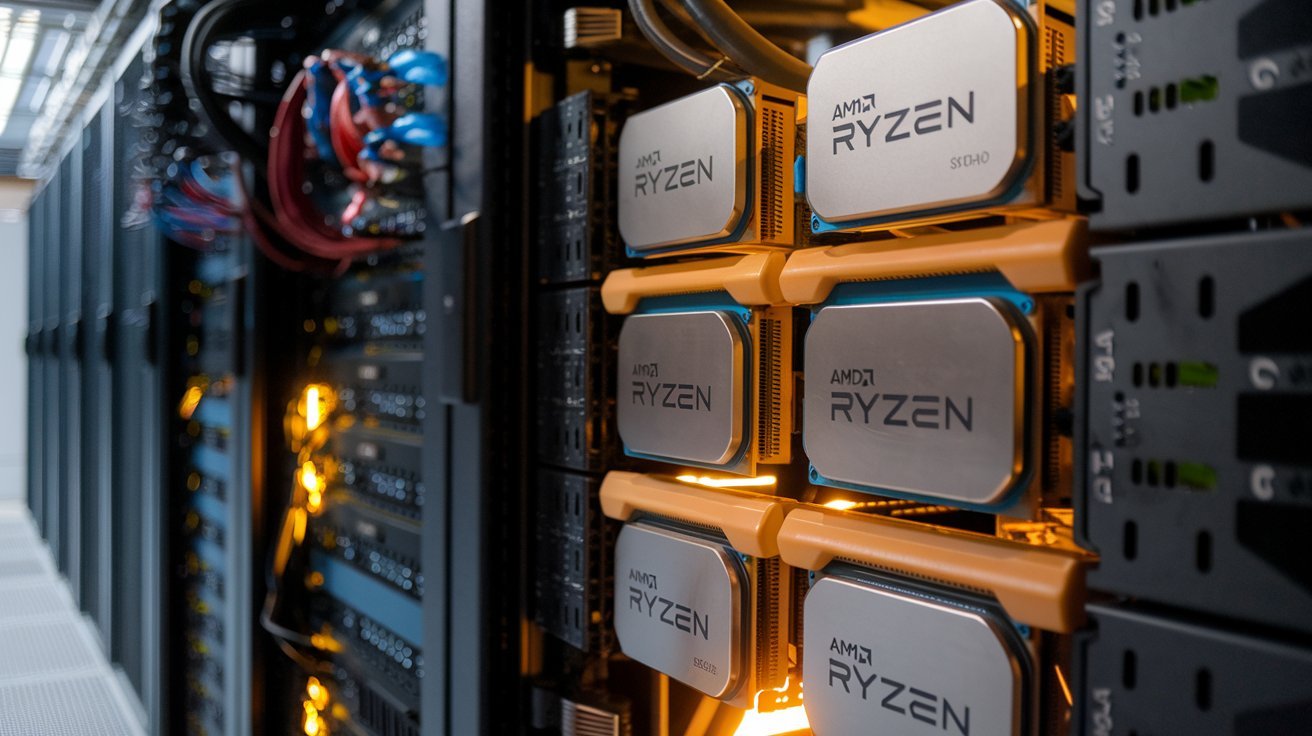Have you ever considered becoming a librarian? This could be an appropriate career if you’re passionate about books, records control, and helping humans. Becoming a librarian involves more than shelving books—it’s handling information, utilizing technology, and connecting people with assets. In this article, we’ll guide you via the steps, schooling, and abilities you’ll need to start a profitable career as a librarian.
What Does a Librarian Do?
A librarian is responsible for managing, organizing, and presenting access to collections of books, virtual belongings, and other materials. They work in numerous settings, including public libraries, educational institutions, faculties, and business enterprise libraries. Their responsibilities may also include cataloging books, assisting clients with research, organizing network programs, and managing digital databases.
Steps to Become a Librarian
Here’s a step-by-step guide on the way to emerge as a librarian:
- Obtain a Bachelor’s Degree
The first step to becoming a librarian is acquiring a bachelor’s degree. While any predominant paintings, stages in English, records, or statistics generation are commonplace for aspiring librarians, your undergraduate education will provide a robust basis for research and communication.
- Earn a Master’s Degree in Library Science (MLS or MLIS)
Most employers require a Master of Library Science (MLS) or a Master of Library and Information Science (MLIS) diploma to work as a librarian. These packages normally cover subjects such as library management, digital libraries, archiving, and information era.
You can earn an MLS or MLIS from an American Library Association (ALA)-general software program software, which is vital for locating employment in most U.S. libraries.
- Gain Practical Experience
While incomes your degree, gaining sensible experience is vital. Internships, volunteer paintings, or element-time positions in a library can help you build fingers-on talents. Experience in library settings may be treasured while applying for jobs after commencement.
- Get Certified or Licensed (if required)
You could want to get licensed or certified to paint as a librarian in some states or specialized libraries. For instance, university librarians often need a coaching license collectively with their library generation diploma. Check your country’s necessities to decide if certification is crucial.
- Build Essential Skills
To become a successful librarian, you want a selected set of capabilities, which encompass:
- Research Skills: Ability to find out and offer get right of get right of entry to to a giant style of information.
- Organizational Skills: Keeping virtual and physical collections nicely prepared.
- Technology Skills: Familiarity with library manipulation software programs, databases, and digital archiving systems.
- Communication Skills: Assisting library consumers, teaching studies strategies, and developing programs.
- Apply for Librarian Jobs
Once you’ve completed your schooling and gained enjoyment, it’s time to apply for jobs. Standard settings encompass public libraries, universities, enterprise libraries, and government establishments. Tailor your resume to highlight relevant capabilities and recollections for every venture software application.
Sample Career Paths for Librarians
Public Librarian
Public librarians serve their neighborhood organizations by presenting entries for books, virtual property, and community sports. They might also paint on outreach packages or literacy campaigns.
Academic Librarian
Academic librarians resource college students, college, and researchers by handling collections of educational materials. They often help with research and may specialize in fields like generation, law, or remedy.
School Librarian
School librarians paint in simple, centered, and immoderate schools, helping university college students increase their research talents and promoting analyzing packages. Many furthermore combine generations to gain knowledge and enjoy.
Corporate Librarian
Corporate librarians manage records for agencies and corporations. They also can contend with statistics, crook research, or specialized facts databases, relying on the enterprise.
FAQs on Becoming a Librarian
1. How long does it take to grow to be a librarian?
It usually takes 6 to 7 years to become a librarian. This includes earning a four——to 12-month bachelor’s degree and a two——to three—year master’s degree in library generation or information era.
2. Do I need a draw close’s degree to become a librarian?
Yes, in most instances, you may want a Master of Library Science (MLS) or a Master of Library and Information Science (MLIS) to work as a librarian, particularly in public and academic libraries.
3. What capabilities are crucial for librarians?
Key capabilities for librarians include research, organizational, technological, and conversational skills. You should also be comfortable with digital assets and databases and be able to help others discover records.
4. Can I grow to be a librarian without an MLS diploma?
In a few times, sure. You may be able to work in access-degree positions or specialized libraries without an MLS diploma. However, a grasp’s diploma is mainly recommended for maximum librarian roles.
Five. Is there a name for librarians?
Yes, librarians stay on call, specifically in instructional, college, and public libraries. As virtual property increases, librarians play a crucial characteristic in coping with information.
Conclusion
Becoming a librarian is a satisfying and dynamic career choice for those obsessed with statistics, employers, and supporting others. By following the steps in this manual, you can efficiently navigate your path to becoming a librarian. From earning the proper degree to gaining realistic enjoyment, every step brings you closer to a profession in library technological expertise.
Whether you need to work in a public, academic, or company setting, the competencies you purchased as a librarian will empower you to make a significant impact on your network and past.
Also Checkout: How to Write a 2-Week Notice with Templates & Expert Tips
For more Informatic Articles please visit Timecrap.com!






